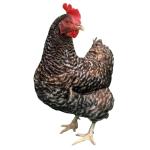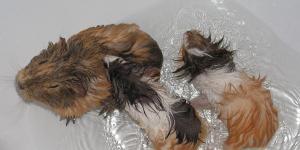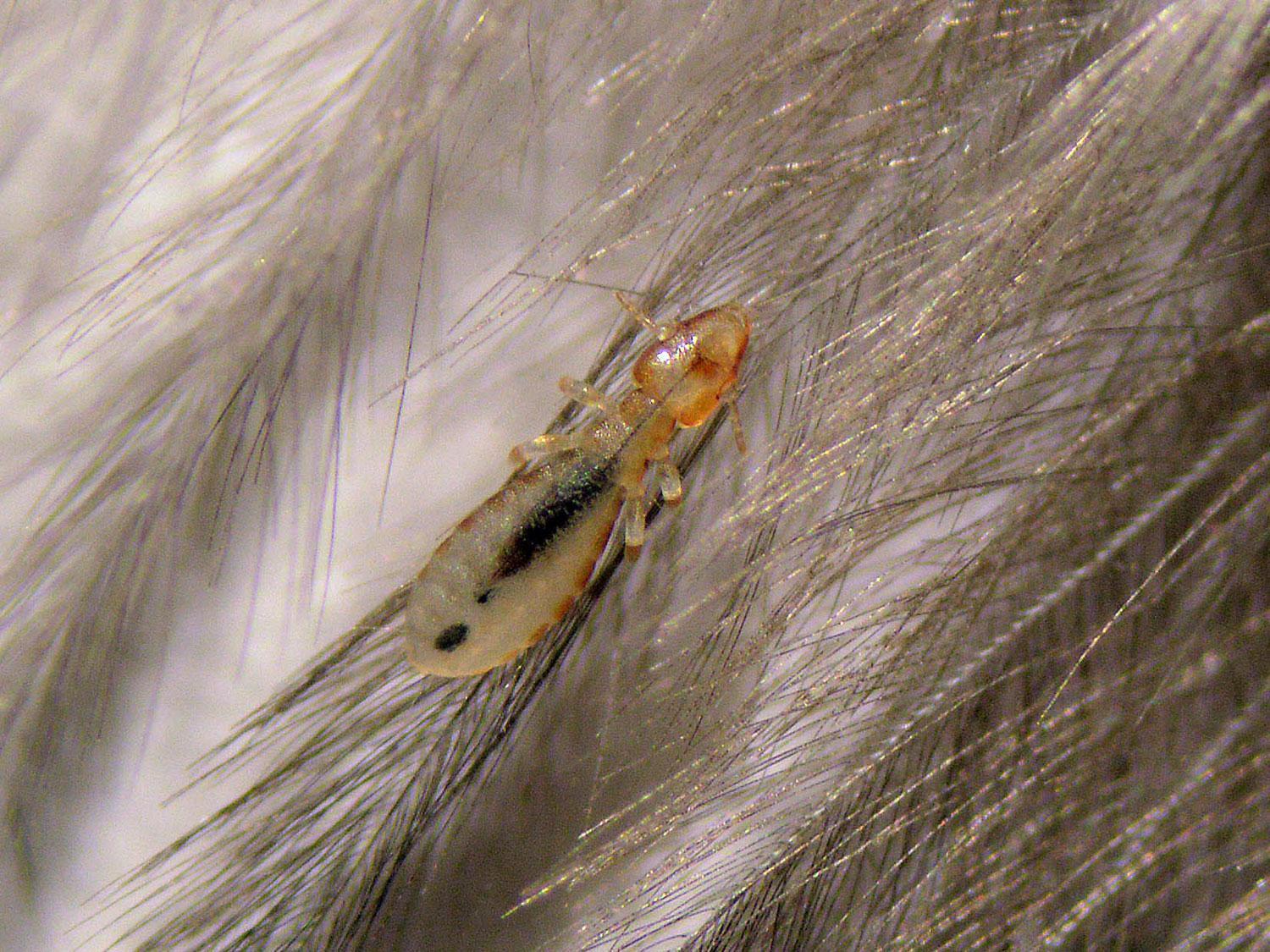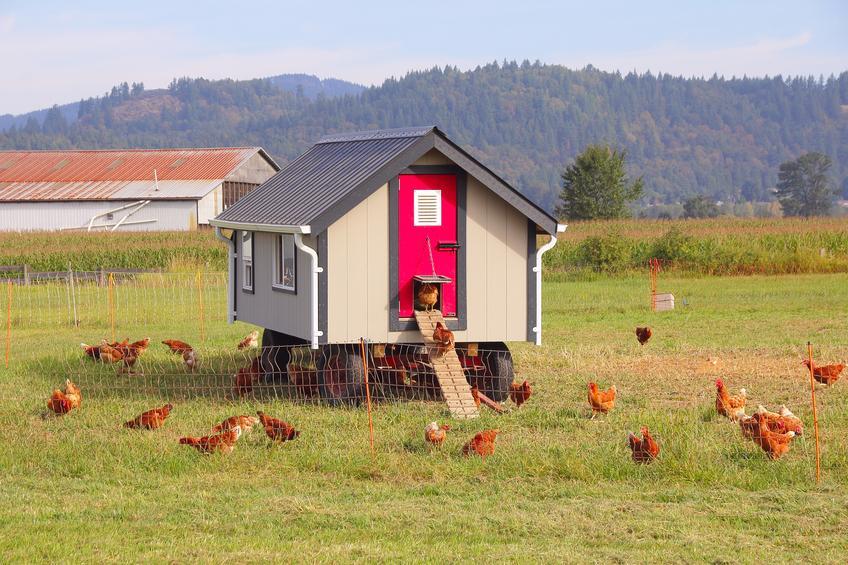Lice in Chickens - Symptoms and Treatment



See files for Hens and roosters
There are a variety of external parasites that can infest chickens, including lice, a very common parasitic infection. Just like mites or fleas, these parasites feed externally on their host. If not detected in time, they can spread quickly and infest the entire flock. The damage they cause to the bird's health can even lead to death.
In this AnimalWised article, we discuss the symptoms that can alert us to lice in chickens, how to treat them effectively, and how to prevent them.
What is chicken lice?
Chicken lice (Menoponidae) are ectoparasites of a wide range of birds, including chickens. They are wingless insects with flattened bodies and six legs. Their color can range from yellowish to black. Lice feed on feathers, scabs, dead skin and blood. Their life cycle takes four to six weeks from egg to sexual maturity. They lay their eggs at the base of the chicken feathers. This is why it is so important to examine this area closely when looking for external parasites. Adult lice can survive for months on the chicken's body.
If you are interested in learning more about other chicken diseases, don't miss out this article on the most common chicken diseases.
How to prevent lice in chickens?
Most backyard herds will eventually become infested. Regular inspections are the best ways to prevent infestations. We should do this especially during the months when temperatures rise and parasites are most likely to thrive. In addition, we should also remember that rodents that live nearby and have access to the chicken house are a source of external parasites. If possible, we should prevent these animals from entering the coop.
Lice can be transmitted from chicken to chicken very easily. Therefore, adding new chickens to a flock can be dangerous if they are not quarantined and monitored first. Fortunately, adult lice, however tiny, are visible to the naked eye and can therefore be easily detected. Some people say they look like moving grains of rice. The eggs, although smaller, are still easy to spot because they are clustered at the base of the feathers.

Symptoms of lice in chickens
Detecting lice is relatively easy, and with careful monitoring, you can suppress an infestation before it gets out of control. Symptoms such as a decrease in egg laying usually indicate that something is wrong. In more severe cases, we may also notice that chickens look thinner or are not growing as fast as they should. Since lice feed on the chickens' blood, they often become anemic. If an anemic chicken is not treated, it can easily contract other infections and diseases that can lead to death. Chickens may experience other symptoms of lice, including:
- Scratching.
- Pecking on the skin.
- Discoloration of feathers on the tail and breast.
- Pale combs and wattles.
- Reddish-brown, blotchy areas.
- Wings that look as if they have been chewed on.
How to get rid of lice in chickens?
To prevent the outbreak of the disease from being fatal, the flocks should be treated immediately when lice are discovered in them. As soon as you notice the parasite, you should consult a veterinarian specializing in chickens. Usually, anti parasitic drugs such as permethrin are prescribed. Nevertheless, the dose and frequency of administration must be determined by an expert, as they may vary depending on the animal and the severity of the situation. It is usually necessary to apply the drug more than once. It is available in liquid and powder form. Gloves must be worn during application.
You should also remove the chickens from the coop and disinfect it thoroughly. Lice cannot live in the environment, but a clean environment prevents the appearance of other parasites that could harm the already weakened chickens.
Finally, remember that prevention is always the best medicine.
If you are curious in learning why some chicken eat their eggs, don't miss our article on why do chickens eat their own eggs.

Home remedies for the treatment of lice in chickens
There are a variety of natural cleansers to treat lice, but apple cider vinegar, lemon and other citrus fruits stand out for their effectiveness. Chickens usually know they have a lice problem long before we do. So give them access to dust baths, preferably sprinkled with diatomaceous earth. There are also natural aerosols with deworming enzymes that smother and dehydrate both lice and mites.
If we suspect a parasite infestation in the chicken house, we must resort to insecticides. Before using any of these agents, you should consult an expert.
Do chicken lice infest humans?
Humans are not susceptible to chicken lice, but if we touch an infested chicken, it is not uncommon for them to crawl up our arms, legs or clothing. While this can cause stress and disgust in some people, keep in mind that they do not remain in the human body for long, as their diet consists of poultry skin and feathers.

This article is purely informative. AnimalWised does not have the authority to prescribe any veterinary treatment or create a diagnosis. We invite you to take your pet to the veterinarian if they are suffering from any condition or pain.
If you want to read similar articles to Lice in Chickens - Symptoms and Treatment, we recommend you visit our Parasitic diseases category.
- Chartier, Jeremy. 2019. Hidden Health Problems: Chicken Lice and Mites. Backyard Poultry .








